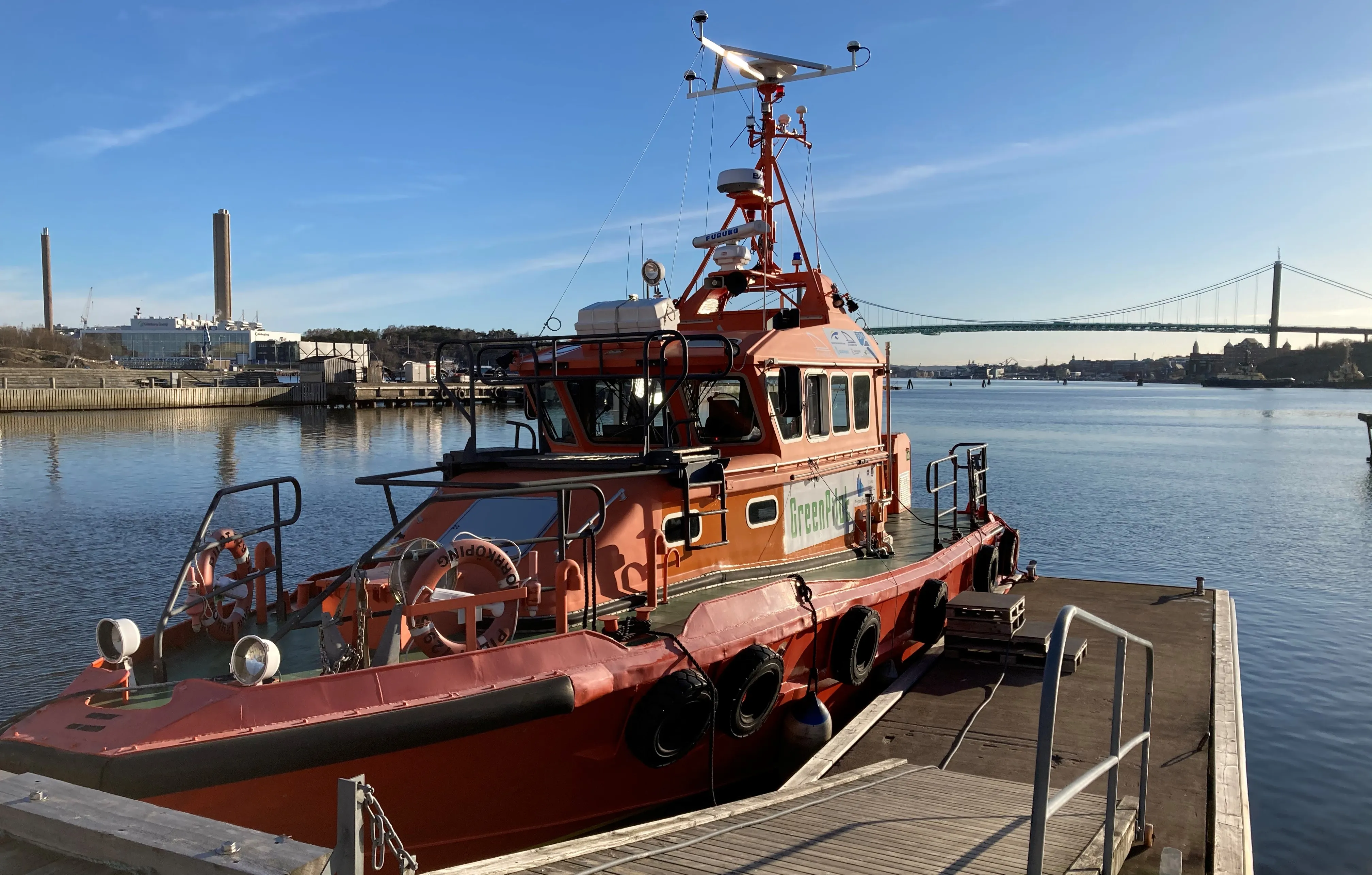
Canadian Air Mobility and the National Research Council of Canada (NRC) have initiated a consortium to help implement electric- and hydrogen-powered vertical take-off aircraft.
The Canadian Advanced Air Mobility Consortium (CAAM) is to streamline research, development and commercial operations in advanced air mobility (AAM) in the city of Vancouver, British Columbia.
AAM involves the use of zero-emission, electric or hydrogen fuel cells and vertical take-off aircraft to provide transportation and emergency services for urban and rural communities.
CAAM says the benefits of these aircraft include reduced fossil fuel consumption, lower costs and improved safety.
The AAM aircraft will also improve the emergency response and assessment of natural disasters such as floods and wildfires, the consortium adds.
Dr. Ibrahim Yimer, NRC’s vice president of transportation and manufacturing, says 20 partners are “lending their expertise in the advanced air mobility industry to decarbonise transportation, and create more efficient ways of moving people, goods and services and support more socially connected and integrated communities”.
CAAM’s key members include TransLink, Helijet International, British Columbia Institute of Technology, the University of British Columbia, Bell Textron and Iskwew Air.
As part of the project, the consortium is to create an innovation hub to help SMEs commercialise their technology while also expanding the AAM sector's connections to regulators, manufacturers, infrastructure developers, academia and governments in Canada and internationally.
CAAM executive director JR Hammond says it will demonstrate the economic viability, environmental benefits and social inclusivity factors of this technology.
“To that end, we welcome additional members who share our vision that AAM provides the path toward a safer, healthier, and more efficient mode of transportation,” Hammond adds.
The consortium insists Vancouver is a promising area for AAM because it includes a strong aviation infrastructure base, an existing scheduled helicopter service and numerous science and transportation research facilities.








